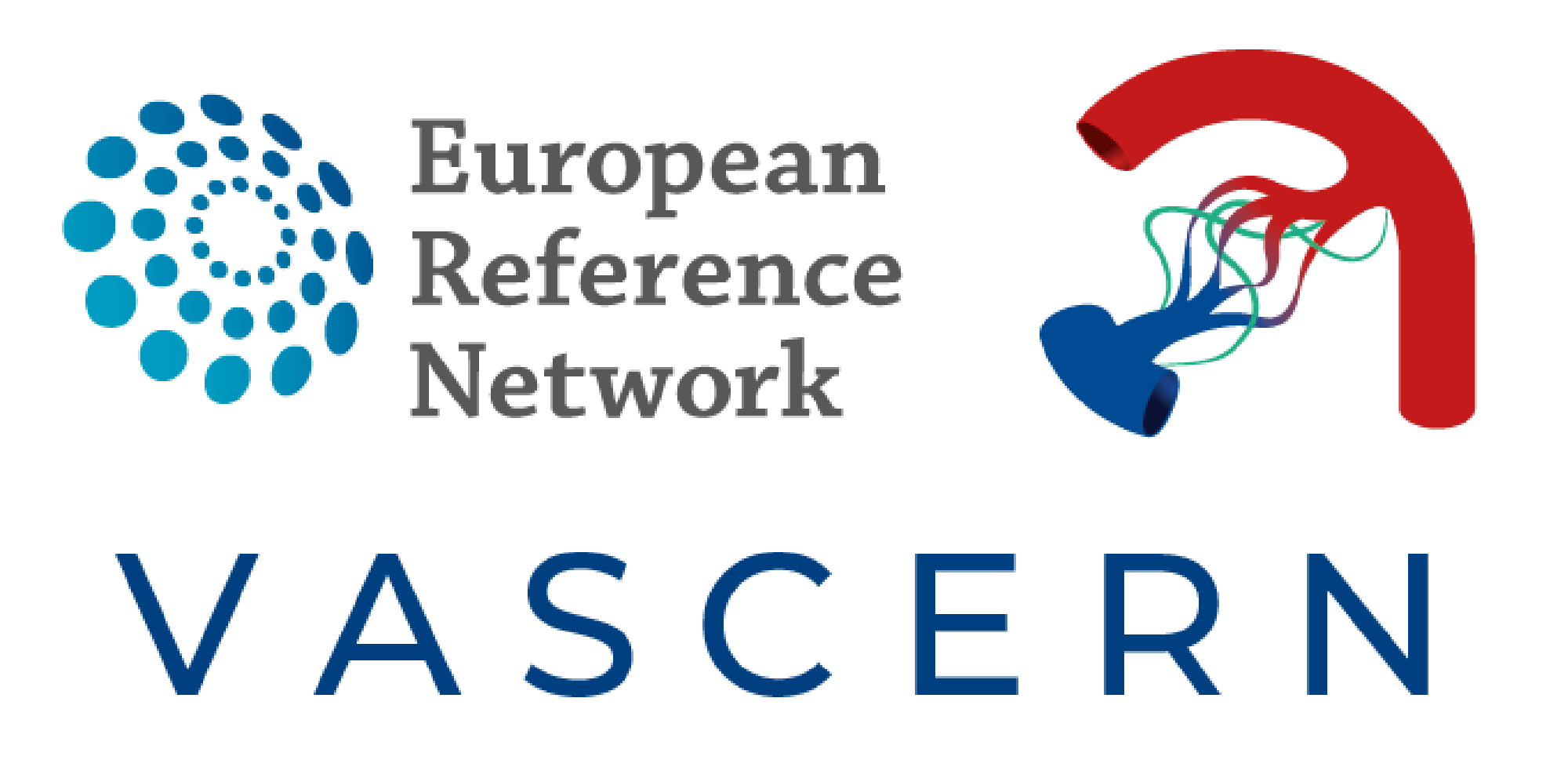
Rare Disease Day took place this year on February 28th, 2022 and VASCERN was happy to participate in this annual event that celebrates the rare disease community and aims to raise awareness, while highlighting the importance of attaining equity in social opportunity, healthcare, and access to diagnosis and therapies for the 300 million people living with a rare disease around the world.
A special video for Rare Disease Day 2022 was prepared by VASCERN, featuring a selection of patient advocates from the VASCERN European Patient Advocacy Group (ePAG) and FAVA-Multi Patient Associations, showing their colours and pride. Watch the video here
On the VASCERN Twitter account we also held a VASCERN Rare Disease Day Quiz (#VASCERNRDDayQuiz) that included questions related to the ERNs and the diseases covered by our network. In case you missed it, here are the questions and answers (in bold) below.
1) How many European Reference Networks (ERNs) for Rare and Complex Diseases are there currently?
a) 10
b) 15
c) 24
d) 32
For more information on the ERNs visit the official ERN page on the European Commission’s website here: https://ec.europa.eu/health/european-reference-networks/overview_en
2) Epistaxis, the most frequent symptom of Hereditary Haemorrhagic Telangiectasia (#HHT), is the medical term for:
a) nosebleeds
b) headaches
c) epilepsy
d) cold feet
For more information on this topic, please watch the PoK An Overview of Hereditary Haemorrhagic Telangiectasia (HHT): https://youtu.be/z2gALD8xSNE
3) The Ghent criteria are a set of international diagnostic criteria used for the diagnosis of which rare disease?
a) Noonan syndrome
b) Marfan syndrome
c) Yellow nail syndrome
d) Lymphatic malformations
For more information of this topic, watch the PoK video Marfan Syndrome – Diagnosis https://youtu.be/w-rJbF4nnbQ
4) Which of the following syndromes DOES NOT present with a vascular malformation and is therefore not covered by the Vascular Anomalies (VASCA) WG of VASCERN?
a) Klippel-Trenaunay syndrome
b) Sturge-Weber syndrome
c) Parkes-Weber syndrome
d) Bardet-Biedl syndrome
To learn more about this topic, watch the VASCERN Webinar: Classification of vascular anomalies https://youtu.be/ZID_ZkxZocU
5) The most common complication in patients with primary lymphedema is a bacterial infection of the skin and subcutaneous tissues known as:
a) dermatitis
b) Acne
c) cellulitis
d) ichthyosis
To learn more about this topic watch the VASCERN PoK video “Cellulitis / Erysipelas in Pediatric and Primary Lymphedema” https://youtu.be/EI1UDQb7yFI or the VASCERN webinar Infections and Lymphedema: https://youtu.be/lJBzDwB_rAY
6) Cerebral autosomal dominant arteriopathy with subcortical infarcts and leucoencephalopathy (CADASIL) is a hereditary cerebral small vessel disease that is inherited in an autosomal dominant manner. This means that each child of an affected person has a risk of what percent of inheriting the pathogenic variant and developing the disease?
a) 25%
b) 50%
c) 75%
d) 100%
Learn more about this topic by reading the following review paper: https://pubmed.ncbi.nlm.nih.gov/20301673/
7) Vascular Ehlers-Danlos syndrome (#vEDS) is an inherited connective tissue disorder that is caused by a mutation in the COL3A1 gene (or rarely the COL1A1 gene) that encodes a component of which structural protein?
a) fibrillin
b) elastin
c) amino acids
d) collagen
To learn more about this topic watch the VASCERN Webinar: On collagen, Ehlers-Danlos Syndromes and vascular fragility: what’s in a name? https://youtu.be/ArGxkB-MB4k
We look forward to next year’s Rare Disease Day but remind you all to continue to raise awareness for rare diseases every day of the year!

